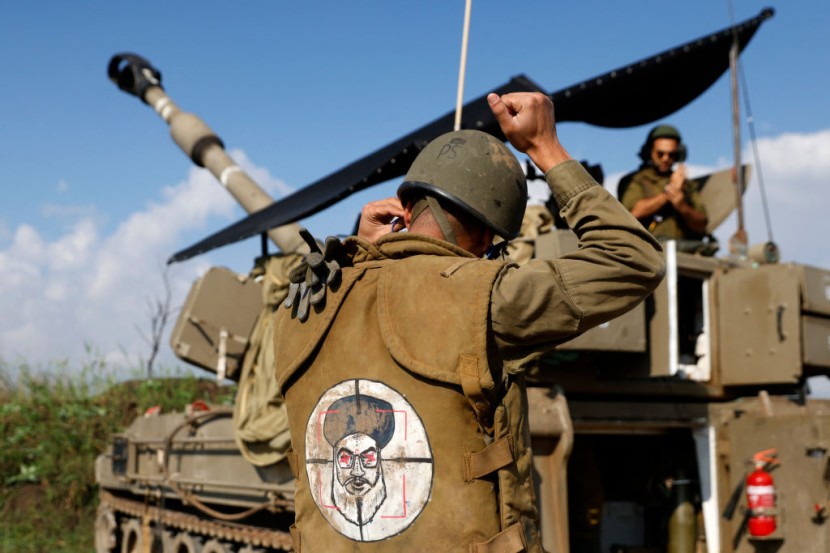US officials have raised concerns about an escalating risk of Hezbollah militants conducting attacks against American targets, both in the Middle East and potentially within the United States.
These warnings come from four officials with knowledge of intelligence matters, who shared their insights with Politico.
US Officials Warn of Home and Abroad Attack Risks

The Iran-backed Hezbollah is believed to be inclined to target US personnel primarily in the Middle East, with intelligence agencies collecting data indicating potential attacks on American troops or diplomatic staff abroad. There is also a heightened alert for the possibility of strikes within the United States as tensions escalate.
Officials acknowledge that Hezbollah possesses unique capabilities distinct from groups like ISIS and Al Qaeda. While details on potential attacks were not disclosed, concerns were expressed over the group's abilities and the potential impact on US interests.
Given the recent exchange of cross-border fire between Israel, a key US ally in the Middle East, and Hezbollah following the October 7 attacks by Hamas, officials suggest that American military and diplomatic personnel in the region are likely initial targets. However, there is a growing apprehension regarding the potential for Hezbollah to carry out attacks on US soil.
"Hezbollah could draw on the capability they have to put people [in] places to do something," emphasized one official in discussions with Politico. The officials stressed the need for vigilance, noting that Hezbollah's international network might be utilized for attacks against the US
The situation adds complexity to the Biden administration's efforts to keep US troops out of Middle Eastern conflicts. Since October 7, American forces have faced numerous attacks from Iranian proxy groups, prompting US responses, including drone strikes, as per to Politico.
US Acts Amid Proxy Ties, Regional Tensions
While it remains unclear if these proxy groups collaborate with Hezbollah, officials believe they share common goals in undermining American influence in the region. The US State Department has responded by heightening security at its embassy in Lebanon in anticipation of escalating tensions.
Former State Department official Andrew Tabler highlighted the broader context, pointing out ongoing conflicts in eastern Syria and Iraq. The US administration is actively working to mitigate tensions and redirect Hezbollah away from Israel's northern border.
Secretary of State Antony Blinken, during his recent visit to the Middle East, characterized the situation as a "moment of profound tension" with the potential to escalate further. The risk of an all-out war on Israel's northern border is a significant concern as hostilities persist.
In response to recent events, Hezbollah described its rocket barrage as an "initial response" to the targeted killing of a top Hamas leader. Israeli leaders, including Prime Minister Benjamin Netanyahu, have signaled a diminishing tolerance for cross-border clashes, expressing readiness to use force if diplomatic resolutions fail.
Israeli military chief Lt. Col. Herzi Halevi emphasized the rising military pressure on Hezbollah, indicating a potential shift towards a more forceful approach. The situation remains fluid, and the international community closely watches the developments in the region, according to Daily Mail.
© 2025 HNGN, All rights reserved. Do not reproduce without permission.








